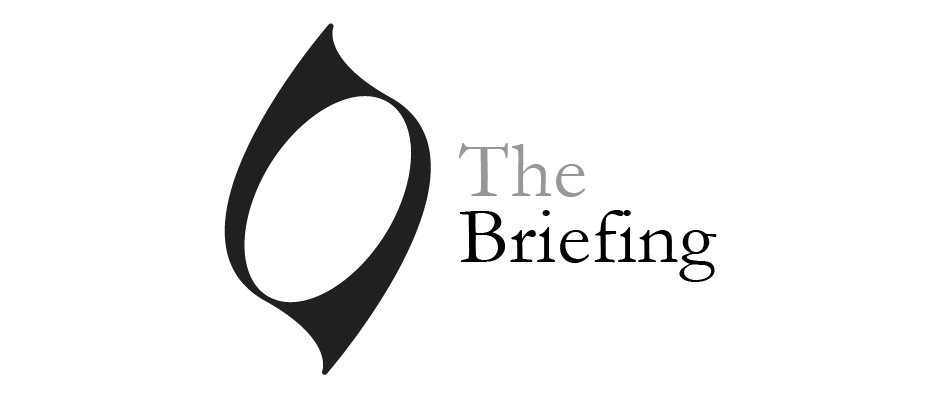In a moment when so much information is unreliable and even more distressing, we feel an obligation to provide for our readership a small selection of writing that encourages the stirrings of critical thought and resistance. This is what we’re reading this week:
The multiple ways that Donald Trump would personally benefit from his tax cuts:
As a rule, Republican presidents like offering tax cuts, and President Trump is no different. But the skimpy one-page proposal his administration released on Wednesday is, by any historical standard, a laughable stunt by a gang of plutocrats looking to enrich themselves at the expense of the country’s future.
What Trump has “successfully accomplished” in his first 100 days:
Of the 28 new laws signed by Trump, two name Veterans Affairs clinics in honor of people, one adds National Vietnam War Veterans Day to the list of days people and businesses are encouraged to fly American flags, five are related to personnel matters (including the waiver allowing James Mattis to become secretary of defense), and one extends an Obama-era policy allowing veterans in some circumstances to get health care outside of the VA system.
Literal ‘bone crushing’ evidence to suggest novel theory of North American habitation:
“The scholarship over the earliest occupation of America is a battlefield,” John McNabb, an aracheologist at the University of Southhampton, said by phone. (Nature asked McNabb to independently comment on the paper and the team’s results.) “But those folks are arguing about differences of two hundred years here and there. This is an order of magnitude beyond anything that’s been talked about before.” McNabb, who characterized himself as “skeptical,” predicted that the announcement would be met by “an uproar—outrage, anger, utter dismissal.” Still, he said, “If it is true, it changes everything about the occupation of the Americas and the story of movement of people out of Africa.”
People want less Trump and more government support:
This is a remarkable reversal and another telling example—along with Democrat Jon Ossoff’s near win of a congressional seat in heavily Republican Georgia, along with the GOP’s failure to repeal the Affordable Care Act—that Americans want something far different than what Trump is offering. His cynical promise to make government work again by eliminating regulations and social programs is not cutting it.
The GOP’s proposed CHOICE Act allows Wall Street insiders to choose the rules of regulation and consumer protection:
By tackling the deep problem of financial power, a twenty-first century progressive politics can fuse the projects of both economic and racial inclusion.
Cognitive Malfunction and Cluelessness in the Hyper-Reality:
If reason is designed to generate sound judgments, then it’s hard to conceive of a more serious design flow than confirmation bias. Imagine, Mercier and Sperber suggest, a mouse that thinks the way we do. Such a mouse, “bent on confirming its belief that there are no cats around,” would soon be dinner. To the extend that confirmation bias leads people to dismiss evidence of new or underappreciated threats—the human equivalent of the cat around the corner—it’s a trait that should have been selected against. The fact that both we and it survive, Mercier and Sperber argue, proves that it must have some adaptive function, and that function, they maintain, is related to our “hypersociability.”
